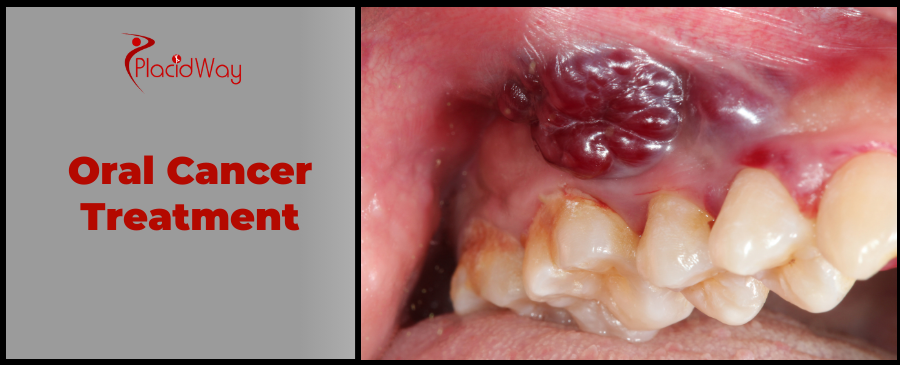
Table of Content
Oral cancer is a type of cancer that develops in the tissues of the mouth or throat. It can affect areas such as the lips, tongue, gums, inner lining of the cheeks, and roof or floor of the mouth. Risk factors include tobacco use, excessive alcohol consumption, HPV infection, and prolonged sun exposure to the lips. Early detection is essential for successful treatment, as symptoms may initially resemble less serious conditions. Oral cancer treatment often involves a combination of surgery, radiation therapy, and chemotherapy.
| Treatment | Description |
|---|---|
| Surgery | Removes the tumor and any affected tissue; may include neck dissection if cancer has spread. |
| Radiation Therapy | Uses high-energy radiation to target and kill cancer cells; often used post-surgery to prevent recurrence. |
| Chemotherapy | Administers drugs that kill or slow the growth of cancer cells; commonly combined with radiation. |
| Targeted Therapy | Uses drugs that target specific cancer cells with minimal harm to healthy cells. |
Click here to explore oral cancer treatment options abroad.
The treatment procedure varies depending on the stage and location of the cancer:
| Country | Average Cost (USD) |
|---|---|
| Mexico | $5,000 - $15,000 |
| Turkey | $6,000 - $20,000 |
| Thailand | $7,000 - $18,000 |
| Colombia | $4,500 - $12,000 |
| India | $4,000 - $10,000 |
| Austria | $12,000 - $25,000 |
| USA | $15,000 - $30,000 |
| UK | $10,000 - $25,000 |
Find Prices for Oral Cancer Treatment Near You
Success rates vary depending on the stage at diagnosis. Early-stage oral cancer has a high success rate with treatment, while advanced-stage cancer requires more extensive therapies with variable outcomes.
In some cases, especially in early stages, radiation or targeted therapies can effectively treat oral cancer. However, surgery is often recommended if the cancer has spread locally.
Common side effects include fatigue, mouth sores, dry mouth, and difficulty swallowing. Pain management and supportive care help alleviate these symptoms during recovery.
Recovery time depends on the treatment type. Surgery may require several weeks of healing, while radiation and chemotherapy treatments can extend recovery. Full recovery may take a few months.
Follow-up care, avoiding tobacco and alcohol, maintaining good oral hygiene, and regular screenings are essential for reducing the risk of recurrence.
Considering oral cancer treatment abroad? PlacidWay connects you with specialized cancer treatment centers offering advanced therapies at affordable rates. Book your consultation today to explore effective options for oral cancer treatment and take a step toward recovery.
Cancer Treatment Abroad, Breast Cancer, Lung Cancer